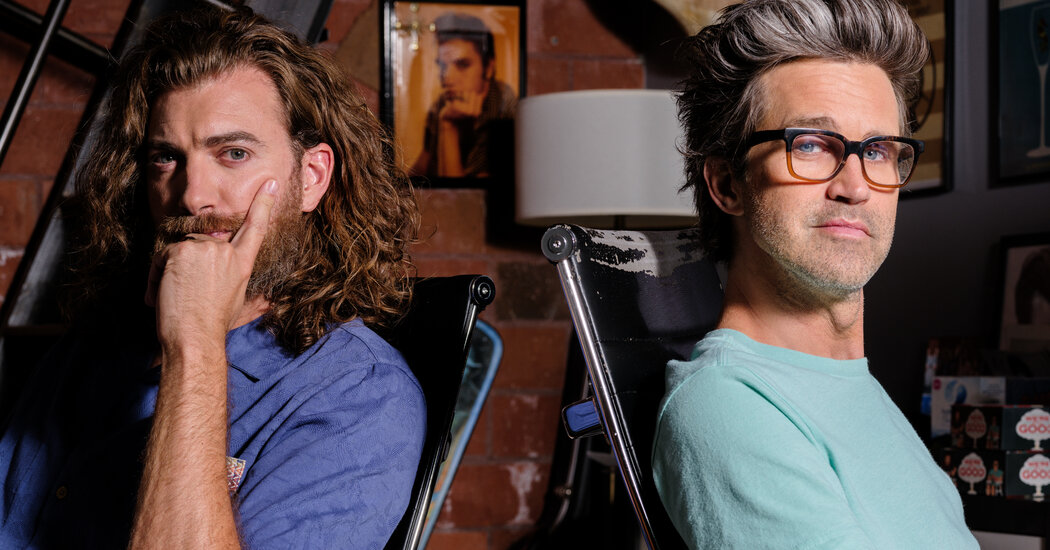“We had a dressing room and a props room, and people were like, ‘Anyone want this?'” Mr. Hecox recalled.
Brian Flanagan, Mythical’s chief operating officer, says the company’s business model is different from those early YouTube companies. While most of Mythical’s revenue comes from advertising, the company doesn’t sell its own ads like multichannel networks did, instead relying on platforms like YouTube and Snapchat for its selling capabilities. And Mythical is focused on creators making and owning shows rather than simply providing services to them.
There are other challenges to running a two-star online video business. Hank and John Green, creators of the popular YouTube franchise Vlogbrothers, said in interviews that YouTube stars don’t “scale,” meaning the same person can’t be in two places at once.
But there are ways around that problem, Hank Green said, such as introducing new hosts to popular shows and giving spinoffs once viewers get used to them, like NBC did with Frasier from “Cheers.” John Green said that while creators still share ad revenue for some deals with distributors like YouTube, financial conditions have improved over the years.
“It may have been in 2008 or 2009 when a bunch of creators were paid $5,000 by Carl’s Jr. to eat a hamburger in a YouTube video,” John Green said, recalling that the amount was significant for online at the time video makers. “Luckily they didn’t ask us.”
The next chapter of Mythical is an accelerator program designed to provide emerging creators with capital to start their businesses without resorting to their father-in-law’s basement.
Mythical will take ownership stakes in those makers’ companies and advise them, Mr Neal said, to help them avoid the problems that often plague makers, such as fatigue and overspending.
“You hear the Lambo stories, you hear the scandal stories and you hear the burnout stories,” said Mr. Neal. “But the story we tell creators is a story of success and opportunity and health.”

